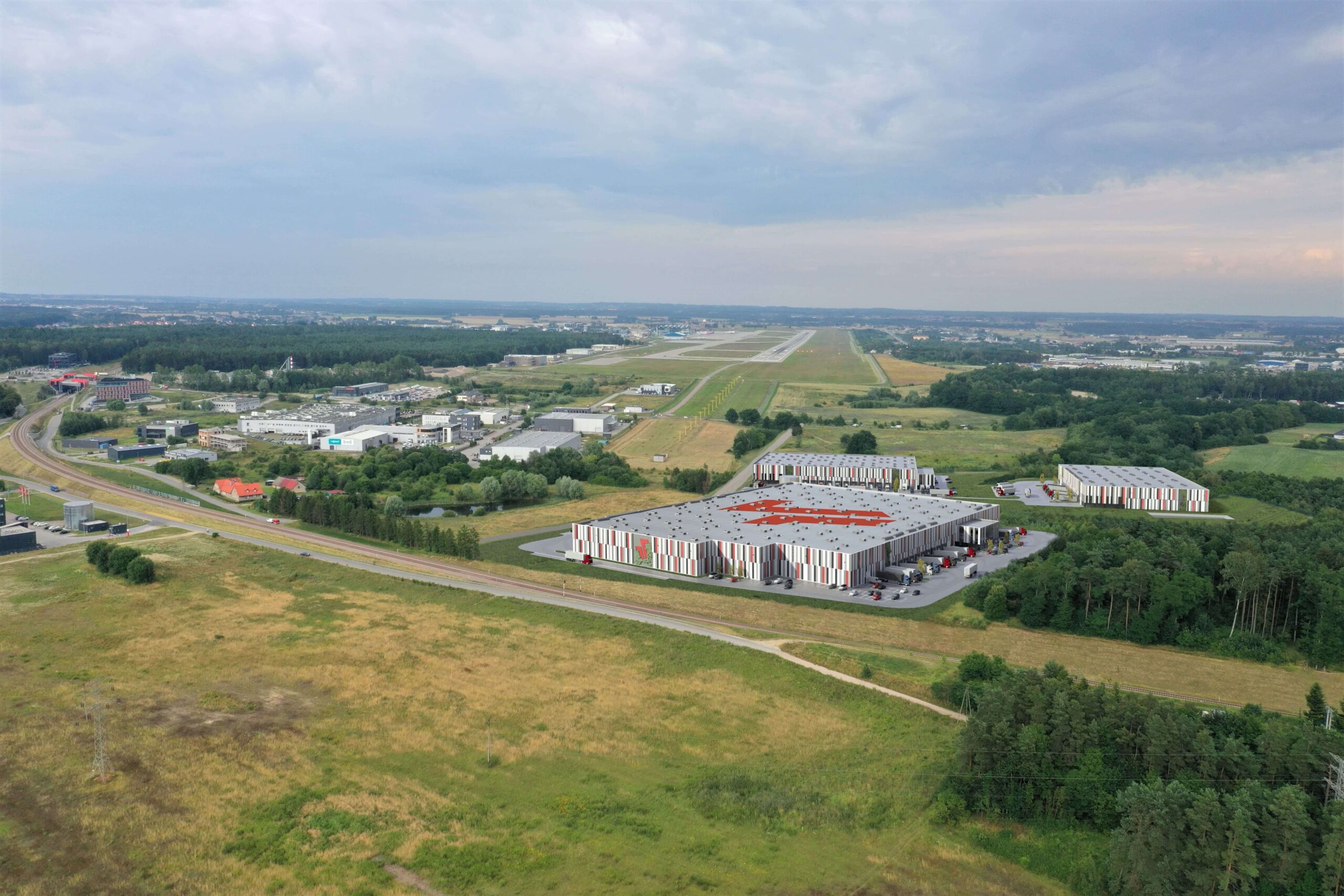The growth potential of the warehouse industry

The streak of the warehouse industry has been going on for several years. It is one of the few sectors of the economy that has not been slowed down by the outbreak of the pandemic. On the contrary – the growing popularity of e-commerce solutions and the growing demand for logistics services additionally strengthened it, and the industry broke its records. As a result, in recent years the size of warehouse facilities in Poland has doubled. Does the market still have potential for further growth?
The second, perhaps even greater, challenge for the warehouse industry after the pandemic is the war in Ukraine, which has been ongoing since February 2022. The collapse of supply chains or the limited availability of raw materials and goods have an impact on the demand, supply and volumes of investments in the warehouse and logistics real estate sector. To this should be added galloping inflation, unstable exchange rates and increases in interest rates or energy prices … We wrote about the challenges of this part of the market in the report “Polish logistics and industrial sector“.
Despite these adversities, the industry is doing very well and in terms of developer activity, Poland remains at the forefront of Europe. Investors' interest in our market is at a high level, which, combined with the high absorption of the market, allows for optimistic forecasts. This is confirmed by the latest data, according to which investments from the first months of 2022 were twice as high as last year's activities. Currently, facilities with a total area of nearly 5 million sq m are under construction. and it should be noted that not only the space is increased, but also the standard of warehouses.
More city warehouses and BTSs
The pandemic has significantly changed consumer behavior. Currently, more and more buyers declare that they care about the short delivery time for products ordered online – preferably it should be counted in hours. To achieve this, it is necessary to optimize the supply chain, especially last mile transport. Proper management of these issues also allows companies to reduce the risk caused by the unavailability of some goods on the market. As a result – in addition to large logistics parks – the base of city warehouses, which we create in 7R under the name 7R City Flex, is growing faster and faster. These facilities are located within cities, perfectly connected to the center of the metropolis and with easy access to communication nodes. Often in these types of buildings, in addition to the warehouse part, we also create office facilities.
An example of such a solution is the 7R City Flex II, in which its business operations are conducted, among others, by Frisco.pl store. The brand, which delivers its products to over 120,000 households, has leased over 3,500 sqm of certified warehouse and office space which allows it to effectively manage deliveries to customers in the Tri-City.
The popularity of Build-to-Suit facilities, i.e. warehouses designed in accordance with the tenant’s requirements, often equipped with automated solutions tailored to the specific needs of a given business, is also growing. As Piotr Miodek, Head of BTS at 7R, said in an interview for WNP.pl :
In addition to localization, the customer receives technical know-how how. An investor who cooperates with a developer benefits from carrying out the entire construction process for him: from the purchase of land, through obtaining permits, selecting a general contractor to commissioning the facility. We supervise the quality of work, provide the construction supervision required by law, and take care of every detail.
Green business
The dynamic development of the industry means that developers are approaching business more and more responsibly. There is an increasing awareness of environmental issues, both among investors and tenants. Green activities are not only about caring for the planet, but also about business optimization. Reasonable energy management allows you to generate real savings in the budget of companies. That is why ecology is taking an increasingly important place among distinguishing features such as innovation or technologies. This approach is also evident in 7R and is the foundation of the brand development plans.
These assumptions are confirmed by the ESG strategy adopted for the years 2022-2025. It assumes particular care for sustainable development, including the pursuit of climate neutrality, supporting local communities and employee development, and acting in accordance with the adopted corporate governance. In practice, this means real activities of the company that are to serve the environment, customers, employees and also neighbours.
These assumptions are successively transformed into real solutions that reduce energy consumption and carbon dioxide emissions, as well as protect biodiversity. Photovoltaic panels, increased wall and roof insulation LED lighting or an energy management system are just examples of tools used in warehouses that allow you to minimize the carbon footprint and support tenants in achieving climate neutrality. Another element of the company’s strategy is pro-neighbourly initiatives aimed at local communities, including building and repairing roads or supporting young athletes and artists. Our ESG practices are complemented by acting in accordance with the corporate governance policy and procedures, which is why we operate, inter alia, based on the Code of Good Practice, taking care of the ethics of our business.
We believe that investments in sustainable development are activities with a long-term rate of return, and on the other hand, we see their enormous importance in the face of the climate crisis and challenges facing the entire business environment.




